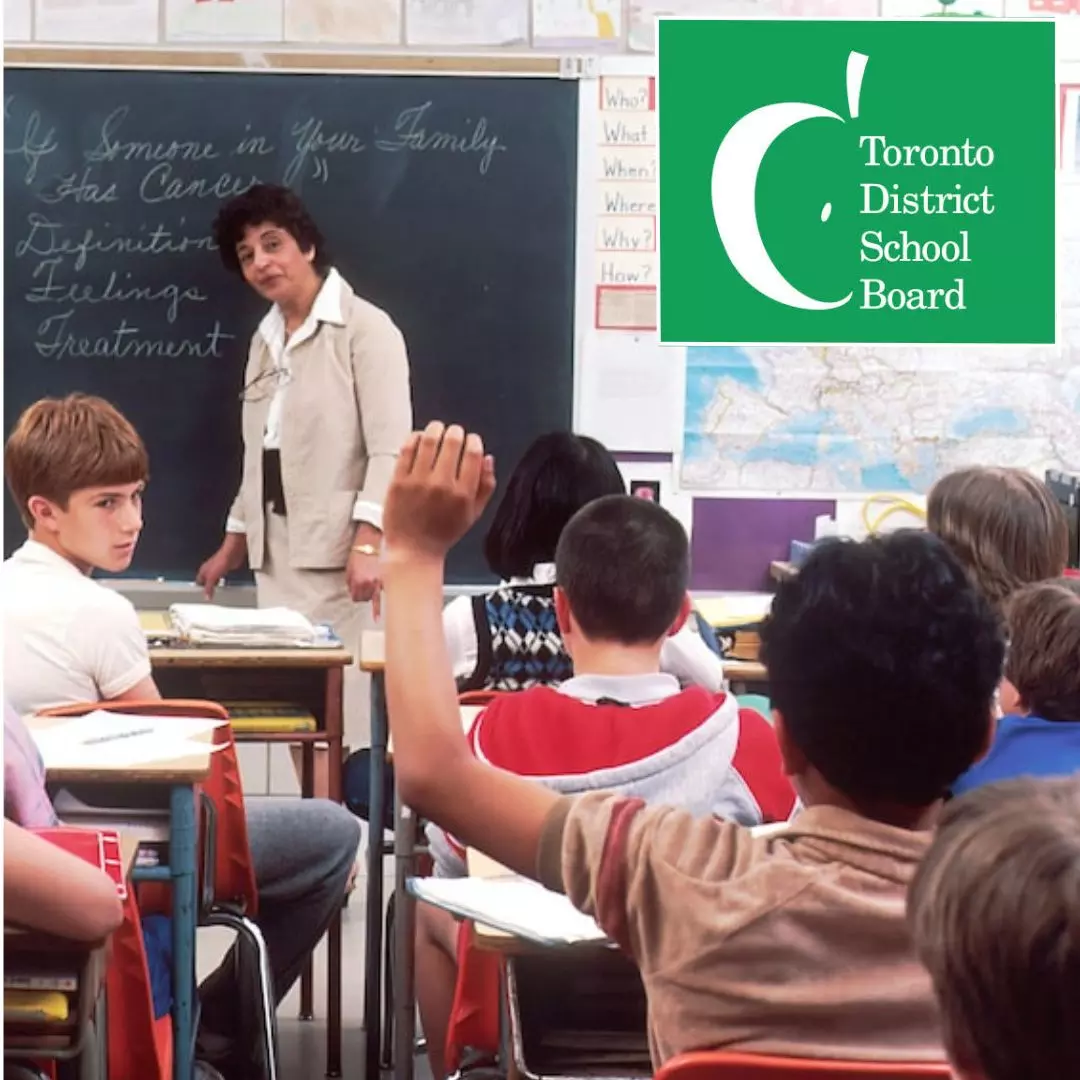Toronto Becomes First In Canada To Recognise Caste Discrimination In Schools
Writer: Laxmi Mohan Kumar
She is an aspiring journalist in the process of learning and unlearning many things. Always up for discussions on everything from popular culture to politics.
Others/World, 10 March 2023 12:07 PM GMT | Updated 10 March 2023 12:08 PM GMT
Editor : Ankita Singh |
A literature lover who likes delving deeper into a wide range of societal issues and expresses her opinions about the same. Keeps looking for best-read recommendations while enjoying her coffee and tea.
Creatives : Laxmi Mohan Kumar
She is an aspiring journalist in the process of learning and unlearning many things. Always up for discussions on everything from popular culture to politics.
In a move to empower communities and provide students with a safer environment to study, Toronto District School Board trustee Yalini Rajakulasingam moved votes to recognise caste discrimination, seen prevalently among the area's South Asian diaspora.
Addressing the caste bias that goes beyond borders, Toronto has become the first school board in Canada to recognise caste discrimination. Sixteen trustees of the Toronto District School Board voted in favour of the motion introduced by board trustee Yalini Rajakulasingam, while five voted against it. Based on the majority vote, they have asked a provincial human rights body to help create an effective framework to address the issue of casteism in the city's schools.
The Toronto district board brings to the table an issue that has been prevalently seen among the area's South Asian diaspora, particularly the Indian communities. The decision comes weeks after Seattle city council outlawed caste discrimination and became the first US city to address caste discrimination. Casteism is one among the world's oldest forms of social stratification, and is commonly seen among communities in India.
Talking about the stratification system, Rajakulasingam said, "This motion is not about division, it is about creating healing and empowering communities and providing them safer schools that students deserve." To ensure a safer space, she roped in for a partnership between the human rights commission of Ontario, Canada's most populous province, and Toronto's school board.
Caste Bias Continues In Society
According to a report by India Today, the caste system dates back thousands of years in the country and has enabled many privileges to upper castes while repressing lower castes. Casteism has often made headlines for the brutal crimes and violence committed against communities in the lower rungs of the caste system. Despite being outlawed more than 70 years ago, the caste bias continues to exist in all realms of life.
Unfortunately this discrimination continues to be consciously or subconsciously practiced by communities abroad as well. There has been many reported cases of caste bias, especially from the US and Canada, where Indians have migrated to in large numbers. As the debate over caste discrimination continues, many look forward to the Toronto school board's decision to rightly address prevalence of casteism in the system.
Also Read: Indian American Council Member In Seattle Campaigns For Anti-Caste Discrimination Law
 All section
All section















